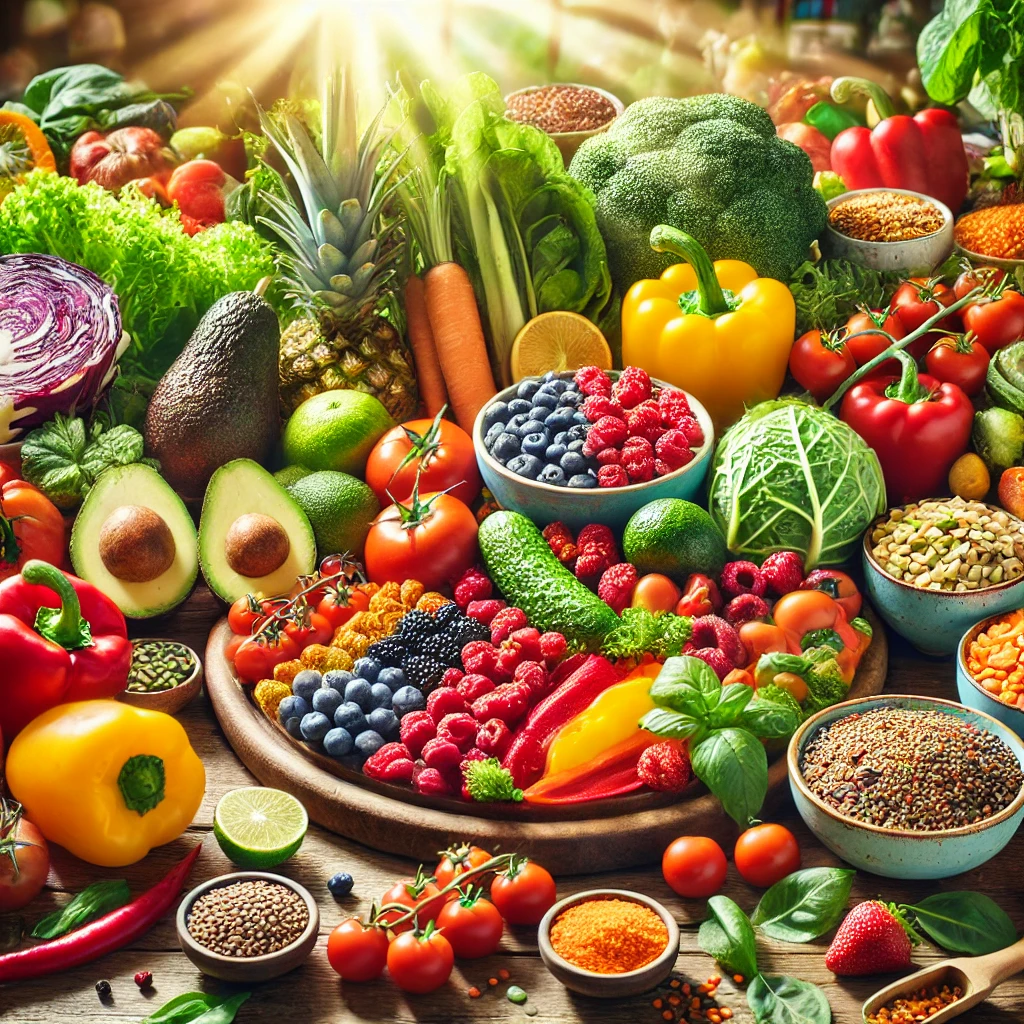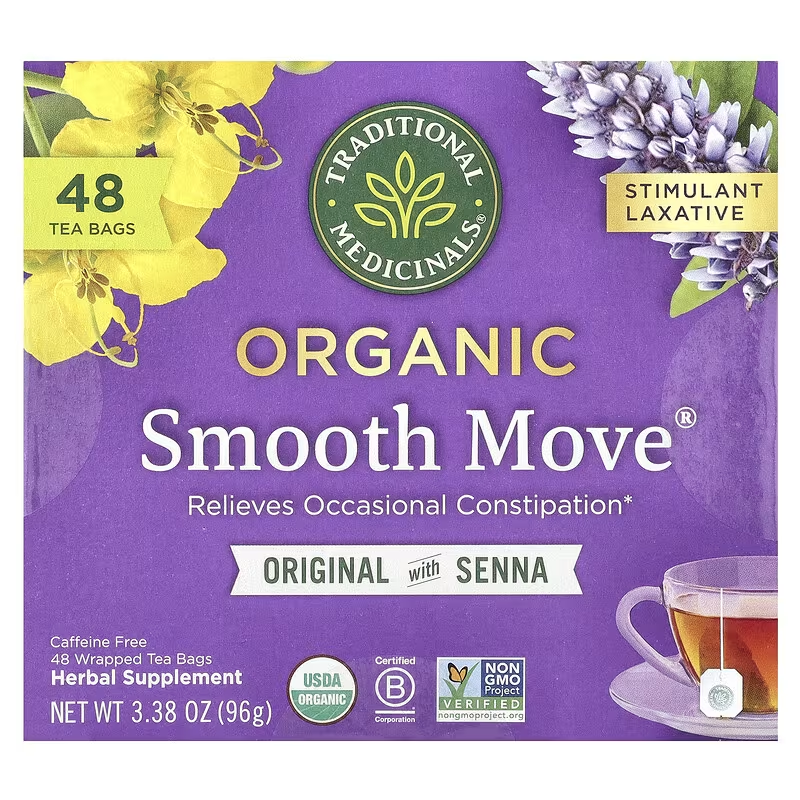Starting a plant-based diet can be an exciting and rewarding journey toward better health, sustainability, and ethical living. This guide will cover everything you need to know to make the transition smoothly, whether you’re aiming for full veganism, or simply incorporating more plant-based meals into your diet.
1. Understanding Plant-Based Diets
Before diving in, it’s important to clarify what a plant-based diet entails.
- Plant-based diet: Primarily focuses on whole plant foods like vegetables, fruits, legumes, grains, nuts, and seeds while minimizing or excluding animal products like meat, dairy, and eggs.
- Vegan diet: A more restrictive form that excludes all animal products, including meat, dairy, eggs, honey, and any products derived from animals.
- Flexitarian diet: A mostly plant-based diet with occasional consumption of animal products.
2. Benefits of a Plant-Based Diet
Motivating yourself with the potential benefits can be helpful:
- Health Benefits: Reduced risk of heart disease, certain cancers, diabetes, and improved weight management.
- Environmental Impact: Lower carbon footprint, reduced water usage, and less harm to ecosystems.
- Ethical Considerations: Avoidance of animal cruelty and support for more sustainable food systems.
3. Basic Steps to Transition
Here’s how you can gradually start a plant-based diet:
Step 1: Start Slowly
- Begin by incorporating more plant-based meals into your routine. Try “Meatless Mondays” or make one meal a day entirely plant-based.
- Gradually replace meat, dairy, and other animal products with plant-based alternatives.
Step 2: Focus on Whole Foods
- Whole grains (quinoa, brown rice), legumes (beans, lentils), vegetables, fruits, nuts, and seeds should make up the majority of your meals.
- Limit processed foods, even if they are plant-based. Focus on nutrient-dense, whole foods.
Step 3: Explore Plant-Based Protein Sources
Common sources of plant-based proteins include:
- Legumes (lentils, chickpeas, beans)
- Tofu, tempeh, and edamame
- Nuts and seeds (chia, hemp, flaxseeds, almonds, peanuts)
- Whole grains (quinoa, buckwheat, farro)
- Plant-based protein powders (optional for smoothies)
Step 4: Balance Macronutrients
Make sure your meals are balanced:
- Protein: Beans, legumes, tofu, seitan, or plant-based meats.
- Carbs: Whole grains, fruits, and starchy vegetables.
- Fats: Avocados, olive oil, nuts, and seeds.
- Fiber: Vegetables, whole grains, legumes, and fruits (a natural component of most plant-based foods).
Step 5: Learn How to Cook Plant-Based Meals
Learning to cook is essential for a successful plant-based diet. Here are some easy recipes to get you started:
- Breakfast: Oatmeal with fruits, nuts, and seeds; avocado toast on whole-grain bread.
- Lunch: Lentil or chickpea salad, quinoa bowls with roasted vegetables and tahini dressing.
- Dinner: Stir-fries with tofu and vegetables, bean-based chili, pasta with a tomato or cashew-based cream sauce.
4. Essential Nutrients to Pay Attention To
A well-planned plant-based diet can meet all your nutritional needs, but you may need to focus on certain nutrients:
- Protein: Ensure you get a variety of sources throughout the day.
- Vitamin B12: This is primarily found in animal products, so it’s important to take a supplement or consume fortified foods like plant-based milk or nutritional yeast.
- Iron: Plant-based sources include spinach, lentils, chickpeas, and seeds. Consuming them with vitamin C-rich foods (citrus fruits, tomatoes) enhances absorption.
- Omega-3 Fatty Acids: Found in flaxseeds, chia seeds, hemp seeds, walnuts, and algae-based supplements.
- Calcium: Non-dairy sources include fortified plant milk, tofu, leafy greens (kale, collard greens), and almonds.
- Vitamin D: This may require a supplement, especially in areas with limited sun exposure.
- Zinc: Found in legumes, seeds, nuts, and whole grains.
5. Building a Plant-Based Pantry
To make plant-based meals easier, stock up on these basics:
- Legumes: Canned or dried beans (black beans, chickpeas), lentils.
- Whole grains: Brown rice, quinoa, oats, farro, bulgur.
- Nuts and seeds: Almonds, sunflower seeds, chia seeds, flaxseeds.
- Tofu and tempeh: Great for protein and versatile in many dishes.
- Nutritional yeast: A cheesy-flavored seasoning packed with B vitamins.
- Plant-based milks: Almond, soy, oat, or coconut milk.
- Herbs and spices: Essential for adding flavor to your meals. Stock up on garlic, cumin, turmeric, paprika, basil, and cilantro.
6. Meal Planning and Prep
Meal planning is key to sticking with a plant-based diet. Here’s how to get started:
- Plan your meals ahead: Choose 2-3 breakfast options, 3-4 lunch/dinner recipes, and a few snacks.
- Batch cooking: Make large portions of meals (soups, stews, curries) and store leftovers for easy access during the week.
- Make simple swaps: Substitute traditional ingredients in recipes with plant-based alternatives (e.g., coconut yogurt instead of dairy yogurt, plant-based meat instead of ground beef).
7. Handling Social Situations
- Communicate: Let family and friends know you’re starting a plant-based diet, and bring a plant-based dish to gatherings.
- Restaurants: Look for plant-based options on menus or ask for substitutions. Many restaurants are now offering vegan and vegetarian menus.
- Travel: Plan ahead by researching plant-based-friendly restaurants, or pack snacks like nuts, protein bars, or dried fruits.
8. Common Challenges and How to Overcome Them
- Cravings: It’s natural to miss certain foods. Find plant-based alternatives or try new recipes to satisfy cravings.
- Nutrient Deficiency: Take the time to plan meals and consider supplements for nutrients like B12 and Vitamin D.
- Social Pressure: Stick to your values, and remind yourself why you started the diet in the first place. Surround yourself with supportive people or communities.
9. Sample Plant-Based Meal Plan
Here’s a simple example of a plant-based meal plan to get you started:
Day 1
- Breakfast: Smoothie with almond milk, spinach, banana, and chia seeds.
- Lunch: Quinoa salad with chickpeas, cucumber, tomatoes, and a lemon-tahini dressing.
- Snack: Handful of almonds and an apple.
- Dinner: Stir-fry with tofu, broccoli, bell peppers, and brown rice.
Day 2
- Breakfast: Oatmeal with berries, walnuts, and flaxseeds.
- Lunch: Lentil soup with whole grain bread.
- Snack: Hummus and carrot sticks.
- Dinner: Black bean tacos with avocado, salsa, and lettuce.
10. Final Tips for Success
- Stay patient: The transition to a plant-based diet is a process. Start slow and be kind to yourself if you slip up.
- Educate yourself: Read books, watch documentaries, and follow plant-based influencers for inspiration.
- Experiment: Try new recipes and explore different cuisines (Mediterranean, Indian, Mexican) that are naturally plant-based.
- Stay flexible: If completely cutting out animal products feels overwhelming, remember that progress, not perfection, is key.
With time, the plant-based diet will become second nature and you’ll enjoy the health benefits, delicious foods, and positive impact you’re making on the planet.
We are a participant in the Amazon Services LLC Associates Program, an affiliate advertising program designed to provide a means for us to earn advertising fees by linking to Amazon.com and affiliated websites.
Discover PlantYou: 140+ Ridiculously Easy, Amazingly Delicious Plant-Based, Oil-Free Recipes!










